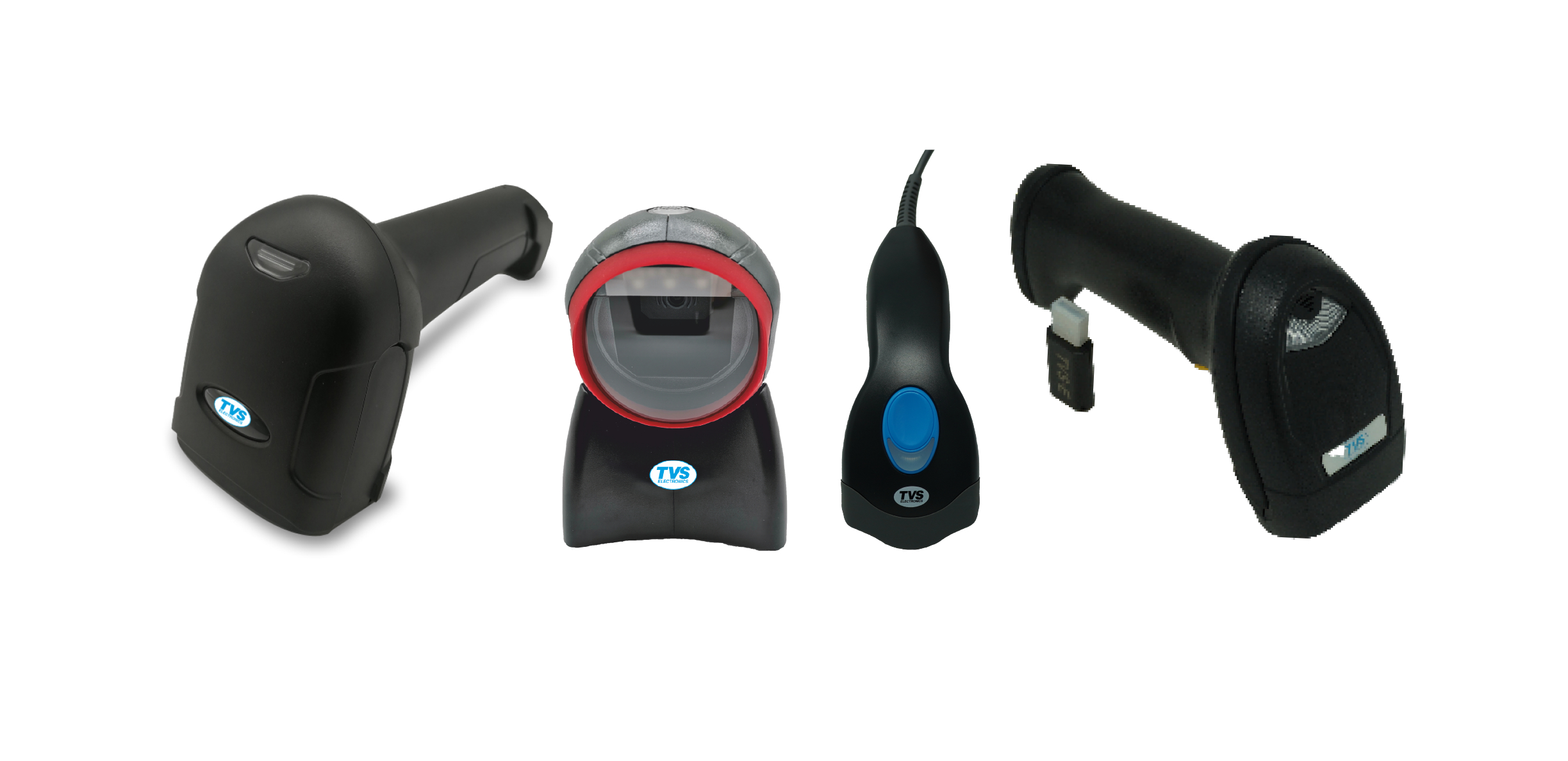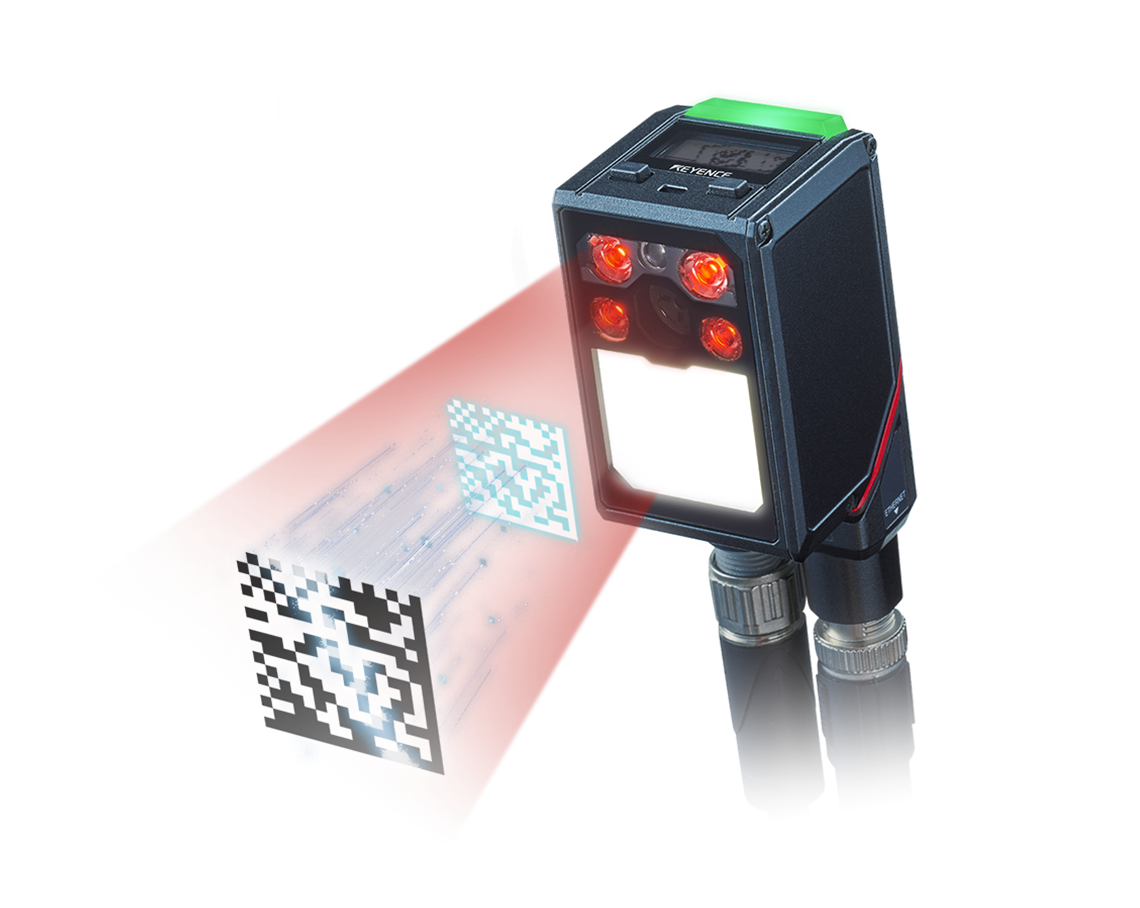Barcodes Scanners with Advanced Features for Today’s Business Demands
Barcodes Scanners with Advanced Features for Today’s Business Demands
Blog Article
Choosing the Right Barcode Scanner for Your Service Needs
Choosing the ideal barcode scanner for your business requires a nuanced understanding of your particular operational requirements and ecological conditions. Variables such as scanner kind, speed, and compatibility with existing systems play a critical function in figuring out the appropriate option. Additionally, considerations around longevity, connection, and the overall price of ownership can considerably impact lasting performance. Understanding these elements is crucial, yet numerous services neglect vital elements that could influence their total productivity. The next action in this procedure can make all the distinction for your procedures.
Understanding Barcode Scanner Kind
When it involves choosing a barcode scanner, comprehending the numerous kinds offered is important for meeting particular service requirements. Barcode scanners can be categorized into numerous kinds, each made for various applications and settings.
Portable scanners are the most common, offering mobility and convenience of usage, making them ideal for retail and supply monitoring. They usually attach via USB or Bluetooth, supplying adaptability in operation. Fixed-mount scanners, on the other hand, are developed for high-volume scanning applications, typically found in production line or checkout counters. These scanners are installed in a fixed position, enabling quick scanning of numerous products in succession.
An additional type is the mobile computer system, which integrates scanning capabilities with computing power. These devices are ideal for area operations or storehouse monitoring, making it possible for data collection and real-time inventory monitoring. Furthermore, there are industrial scanners that are built to withstand rough atmospheres, such as extreme temperature levels or exposure to dust and moisture.

Secret Attributes to Take Into Consideration
What crucial attributes should companies prioritize when selecting a barcode scanner? Most importantly, scanning rate is critical, as faster scanners improve functional effectiveness, especially in high-volume environments. The scanner's capacity to check out various barcode formats is likewise important; guarantee it sustains popular types like QR codes, UPC, and Code 128 to suit diverse inventory items.
Durability is one more vital feature, particularly for companies in rugged settings. Seek versions that are built to withstand drops, dirt, and wetness. Furthermore, take into consideration the connection choices readily available; whether you choose USB, Bluetooth, or Wi-Fi, the best connectivity can improve assimilation with existing systems.

Analyzing Your Business Environment
To successfully choose a barcode scanner, organizations should take stock of their certain operational setting. This evaluation includes evaluating the physical design of the work area, the nature of the items being scanned, and the common problems under which scanning happens. A retail environment may require portable scanners that can swiftly refine purchases at the check out, while a stockroom setup could benefit from ruggedized scanners made to endure harsher problems.
Furthermore, think about the volume of scanning required. High-throughput environments might necessitate innovative scanning innovations, such as fixed-position scanners or mobile phones that can run successfully in busy circumstances. The combination capacities with existing inventory administration systems additionally play a vital role; ensure the selected scanner can perfectly get in touch with software application platforms being used.
In addition, Source analyze the possibility for development and scalability. A scanner that satisfies present needs may not be adequate as company expands. By thoroughly analyzing these factors, companies can choose a barcode scanner that not only fulfills instant requirements yet additionally sustains long-lasting operational performance and versatility. This critical strategy inevitably contributes to smoother processes and boosted performance.
Budgeting for Your Scanner
Having actually analyzed the functional setting and determined the particular needs for a barcode scanner, the next action involves cautious budgeting to make sure a wise economic investment. Developing a budget begins with identifying the total prices linked with the scanner, consisting of first acquisition rate, operational expenses, and prospective maintenance fees.
When selecting a barcode scanner, think about the variety of offered options, from handheld tools to fixed-position scanners, as prices can differ substantially. It is vital to stabilize price with functionality; choosing a much more budget friendly model may lead to boosted functional inefficiencies if it does not satisfy your service demands.
Along with the equipment, variable in costs associated with software, training, and possible upgrades. While it could be tempting to minimize ahead of time expense, buying a high quality scanner that lines up with your functional requirements can generate find more info lasting cost savings with improved performance and decreased downtime.
Finally, consider the complete price of possession, which includes the scanner's life-span and prospective resale value. here are the findings By diligently preparing your spending plan, you can make sure that your investment in a barcode scanner will improve your functional productivity and monetary efficiency.
Assimilation With Existing Systems
Integrating a barcode scanner with your existing systems is crucial for maximizing its effectiveness and making sure seamless operations. barcodes scanners. A well-integrated scanner improves operations effectiveness, minimizes errors, and accelerates information handling. When picking a barcode scanner, take into consideration compatibility with your current software program and equipment infrastructure, including your stock management systems, point-of-sale (POS) systems, and business source planning (ERP) solutions
Evaluate whether the scanner uses typical protocols such as USB, Bluetooth, or Wi-Fi, which can promote easy assimilation. In addition, examine whether the scanner's software application supplies APIs or SDKs that allow for personalization and assimilation with proprietary systems. This is specifically essential for companies with one-of-a-kind operational requirements.
As your organization expands, your systems must be able to accommodate extra scanners and handle boosted information quantities without considerable reconfiguration. Ultimately, investing in a barcode scanner that effortlessly integrates with your existing systems will generate long-term advantages, improving accuracy, efficiency, and overall performance within your procedures.

Final Thought
In conclusion, choosing an ideal barcode scanner demands an extensive assessment of numerous elements, including scanner types, essential functions, and the details organization atmosphere. The ideal barcode scanner serves as a vital tool in simplifying processes and facilitating efficient supply monitoring.
Report this page